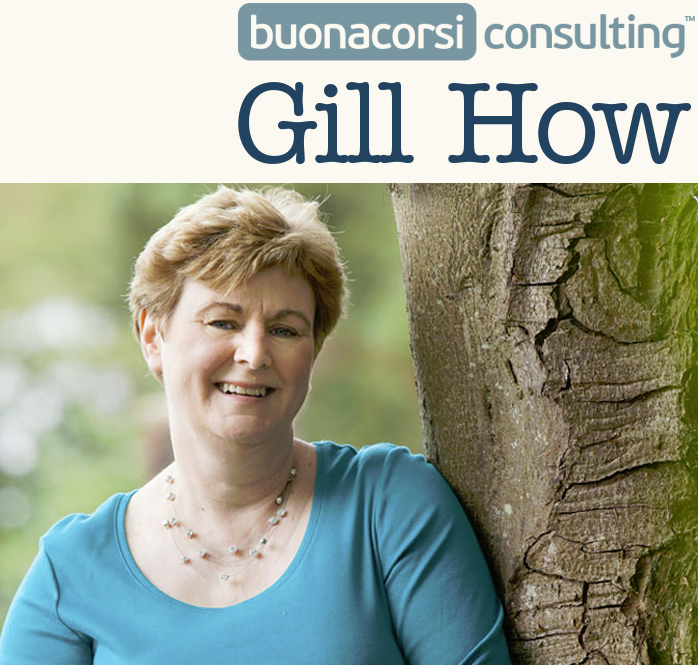Recently I attended an assessment day, as part of finding out more about becoming an associate of a leadership development company.
I gave a presentation on “Developing a strengths based culture to improve performance”. It felt very me, innovative, leading edge, experimental, not yet quite proven, at least not on any large scale basis that I am aware of, yet quietly confident there is huge mileage in the idea and clear that I would love to give it a try.
In my description of what strengths are – which I see as things that you love to do, that you are compelled to do, that you always do, that you can’t not do – to illustrate, I gave an example from earlier in my own life.
The example was that of teaching a teenage boy to dive into a swimming pool. For those who know about these things, they will identify with me sitting next to the person, on the edge of the swimming pool, watching him put his hands above his head, say he can’t do it about five hundred times, and then (finally!) just doing it, diving into the swimming pool from the sitting position.
What I did, was to sit there, give him the time and space, and without words, (or at least not too many), believe in him until he did it. He got out of the water and said “I did it!” “I know”, I said. I knew he could do it all along. I could wait, and I believe in him, even when he could not.
I used this as an example of something I did when I was a teenager, that no one told me to do, or even asked me to do, where I was strong, energised, confident, capable and effective. I said this now shows up, in how I am, as an executive coach and leadership developer. The qualities my clients appreciate in me, are those of holding the space, not taking their responsibility, believing in them and waiting with them until they have completed their shift in thinking.
I argued that this innate strength of mine, whatever name we might give it, has always been there, and has always found outlets, even if the outlets have more formal names today.
Telling this story, in front of a set of people in an assessment situation, I felt very emotional in a profound and deep way. This also happened when I shared the story giving a different talk about strengths with a group of other coaches. I felt the emotion in both places, and had noticed it and its discomfort, but not really understood it.
The emotion was visible to the assessors as I slowed down in telling the story. It was clear I was close to tears. During the feedback afterwards, we talked about it, and I said, maybe there is something I haven’t processed about my story yet, which would benefit from being processed, and could help me find out what is going on for me, when I tell my story.
The gentleness of the feedback, allowed me to really connect with it and think about it differently. I am sure that the assessment situation contributed to my reaction, i.e. there was authority in the room, the substitute “mum and dad”, and this time it was a “kind” parent giving the feedback about the impact.
With the help of some further reflection and coaching supervision, I was able to see that I would have liked to have received support and encouragement in the way I offered it to others whilst a teenager myself. I would have liked to have been on the receiving end of that particular strength, as well as the giver. It hurt that I did not receive what I was able to offer so naturally. It felt a loss.
This new awareness has helped me see that the sort of support I did not get as a child, I would like to receive now.
I realised that more people who can see me, hear me, value me, and believe in me as I genuinely am, and give me space and time to achieve my potential, would be wonderful.
And moving into self coaching mode now, the obvious truth is, that it probably needs to start with me, and my own self belief.
After that, it probably relates to how much I can request that my needs are met by others, which is different from whether they can meet them in part or in full – but at least to get as far as the requesting.
And after that, it may be that I allow myself to see how others actually do support me in different ways already, even although it may be different from the ways I support them.
And then next time, it is likely that I will be able to tell my story of my teenage use of strengths, before I knew about strengths, without the profound and difficult emotion. There will be no mixed message, because there will be no mixed message to give.
The surfacing of these painful feelings has been helpful to me and allowed me to let them go. My ability to build on my new awareness and make choices to ask for and gain the support I need now can be explicit, as part of continuing to develop and grow as a human being.
It makes the point to me, that talking about your strengths (which can be different from using them) can hurt, if your own needs are not being met or feelings acknowledged. That the hurt is likely to show if you are not aware of it or have not processed it. That your use of strengths happens within a context, be that your history, your current situation, your hopes or your challenges.
And that your or my new awareness together with our ability to create choices for ourselves moving forward, offers us different approaches next time, as we engage with this exciting adventure and roller coaster called life!





I have another perspective on that ‘hurt’ to add – when I’m talking about something that really matters to me, I can get emotional, because it touches my core and I care so much. However, although that emotion usually expresses itself as tears, it doesn’t mean I’m hurting – rather that I’m feeling highly emotional in a positive way. I’m not saying you weren’t hurting – you clearly were – but just that there can be other reasons for being tearful in this context.